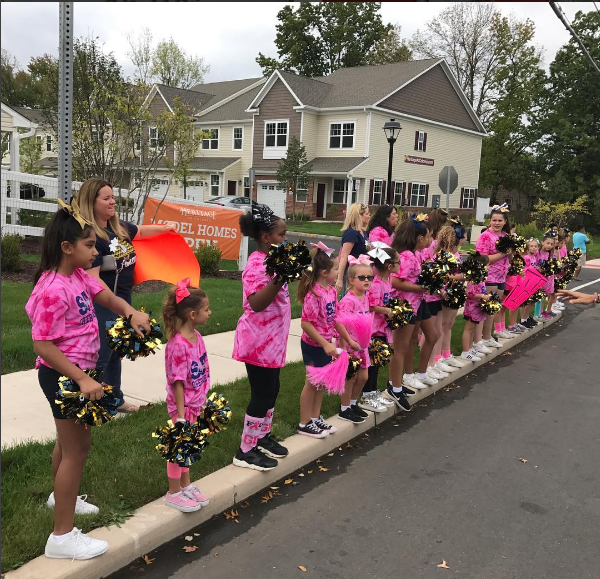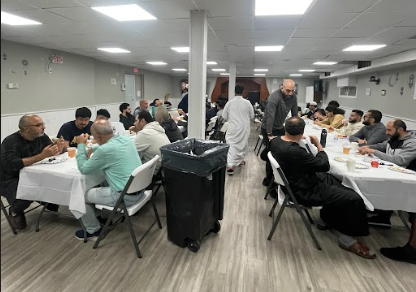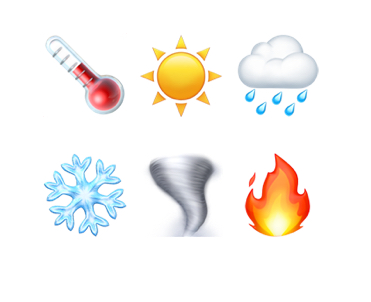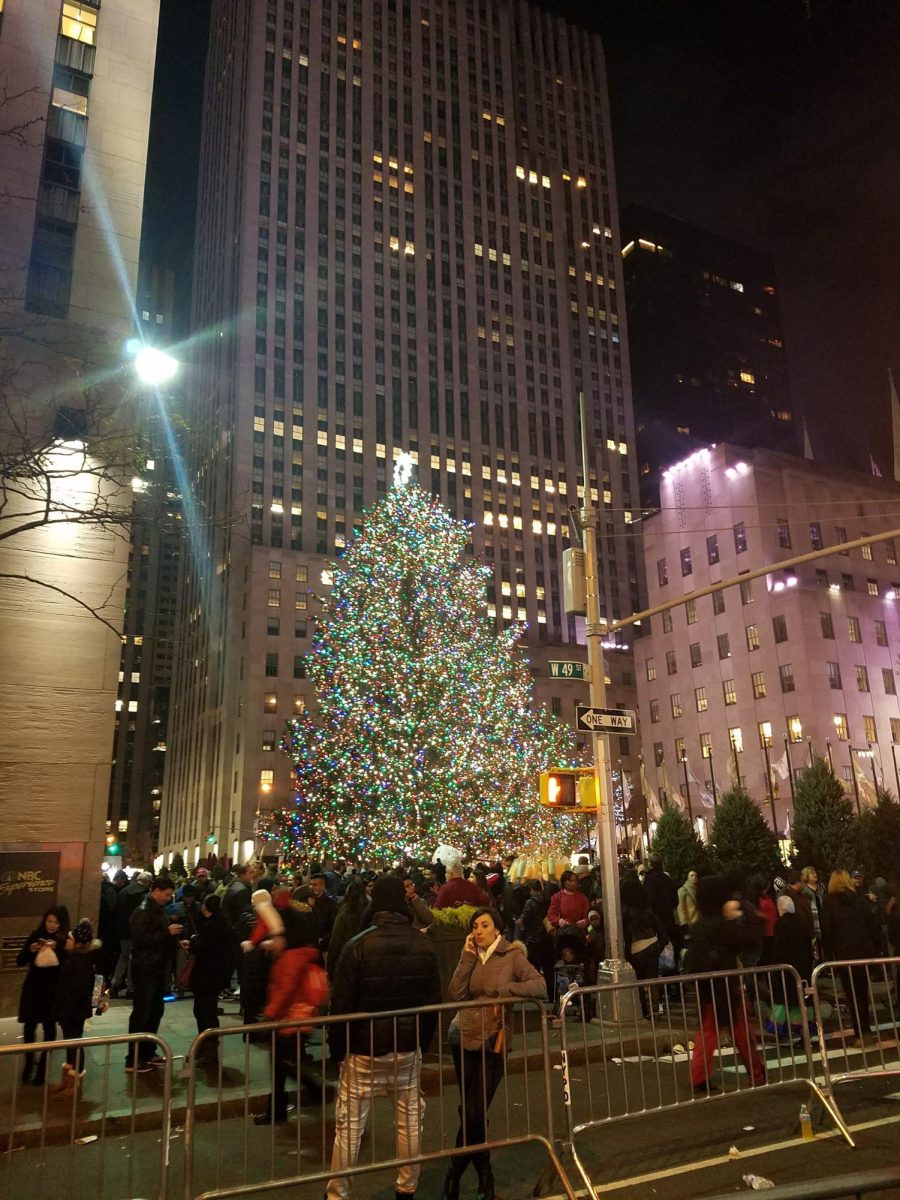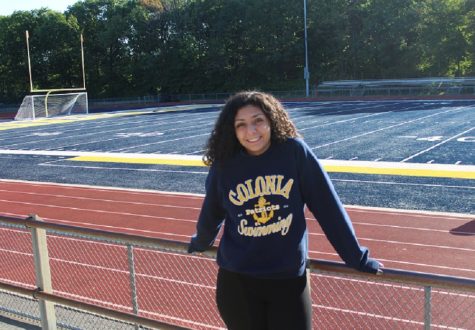On Oct. 15th, Colonia hosted a 6 breast cancer walk. The Breast Cancer walk left from School 21 on Inman Ave at 12:30 pm and proceeded to the Colonia Fire House.
According to breastcancer.org it is One the most commonly diagnosed cancer in women is breast cancer. It affects one in eight women in the United States. Breast cancer is the second leading cause of cancer death among women. Estimated each year is that over 252,710 women in the United States diagnosed with breast cancer. Each year more than 40,500 will die. Each year an estimated 2,470 men diagnosed with breast cancer. Approximately 460 men will die from breast cancer. On average, every 2 minutes a woman diagnosed with breast cancer and 1 woman will die of breast cancer every 13 minutes.
Junior at Colonia High School Frankie Brock reflects on her experience involving breast cancer. “Last year my mom fought each and every day to overcome breast cancer and battle back. She had multiple surgeries and multiple set backs, but never lost her will to fight and positive outlook on life. Some days were harder then others, I would know because I was with her every step of the way. That is why events supporting breast cancer awareness and patient survival are so important, especially walks.”
Brock continued her statement by saying “My mom was happiest when she was surrounded by people who understood her struggle and were there to support her. The hardest thing about cancer is understanding that not everyone is as loyal or caring as they appear. Walks and support groups help women to feel as if they are not alone. That the battle is fought by an army and not a single solider. My family and I have attend walks prior to my mom having breast cancer. I am positive we will continue to walk for the cause every chance we get.”
A patient should see a health care provider if: Find a new lump (or any change) that feels different from the rest of a patients breast.Find a new lump (or any change) that feels different from patients other breast. Feel something that’s different from what a patient felt before.
Most women with breast cancer will have some type of surgery to remove the tumor. Depending on the type of breast cancer and how advanced it is, the patient might need other types of treatment as well, either before or after surgery, or sometimes both.
Typically, treatment plans are based on the type of breast cancer, its stage, and any special situations. Invasive breast cancer (stages I-IV), ductal carcinoma in situ (DCIS), lobular carcinoma in situ (LCIS), inflammatory breast cancer, breast cancer during pregnancy, triple- negative breast cancer. A patients treatment plan will depend on other factors as well, including your overall health and personal preferences.
Patrick Coveny is 17 years old senior at Colonia High School who will be attending the Breast Cancer walk. He tries to attend as many local walks as he can to show support. “I am excited to attend the breast cancer walk!” Coveny stated. When asked what kind of impact he thinks the walk will have Coveny made sure to keep his answer lively and positive. “Hopefully, it will raise awareness in our town about the disease. I hope it helps to raise money for the family who needs it. Chemotherapy can be very expensive for cancer patients.” Coveny continued “I feel like I’m doing something important and meaningful. Breast cancer affects so many people and it’s great to stand with them. It’s nice to show them that they aren’t alone in this fight.”
The warning signs of breast cancer are not the same for all women. 5.komen.org states the most common signs are a change in the look or feel of the breast, a change in the look or feel of the nipple and nipple discharge. If a patient has any of the warning signs described above they should see a health care provider.




